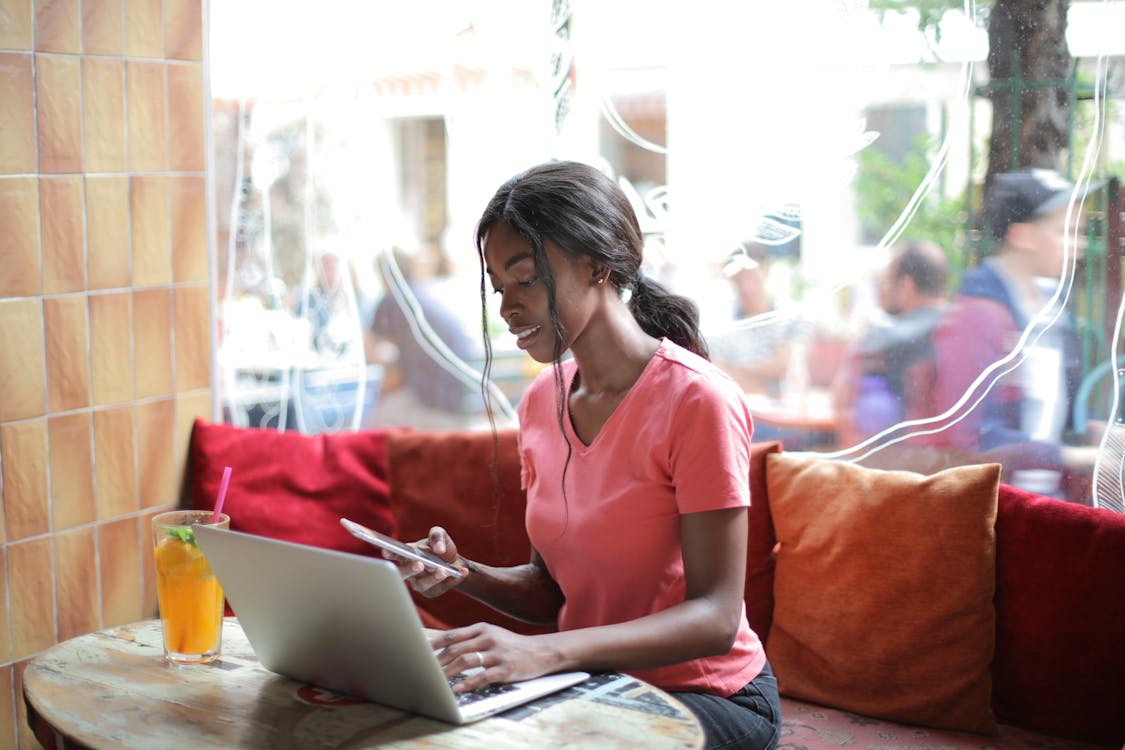At the age of 21, I have experienced
the overwhelming pressure of Rise and Grind/Hustle Culture firsthand. It is reinforced
through the media we scroll through daily. Especially in college, the less
sleep you have becomes an odd form of bragging. The harder you work, the more
hours you take, the more credits you register for, the most successful you are
able to see yourself as. Peers even congratulate one another with compliments
of a work ethic that derives people of their interests, sleeping needs, and
time for family. In this culture, the idea of being bored simply means you aren’t
doing enough. The ideal worker in today’s generation is balancing school, work
(or 2 jobs), and somehow finding time to take vacation trips, exercise, and maintain
sanity.
This way of thinking is toxic not
only to us now but to our future children. We must draw a line that divides
hard working from overloaded. If this action is not taken, we begin to look
like zombies who work the most and compete to exhaust ourselves for a gold star
sticker. Manoush Zomorodi, author of Bored and Brilliant, explains the power
and necessity of feeling bored and allowing the mind to wander on occasion. Not
only does doing so facilitate the brain to consolidate memories better and
revive exhausted cognitive abilities, but it feels great. Granted, this is something
completely contrary to what we think of as productive. The consequences of
acting against Hustle culture may be comments about laziness or a temporary decrease
in self-esteem. It is important to remember that by being bored and not utilizing
every minute of the day, which unfortunately means less screen time, your brain
majorly benefits from taking a break.
As we all know, overcoming a cultural
perception can be quite difficult. It requires a movement including a large
mass of people to overturn thought and ideas we all share as well as long-term
effort. Zomorodi, instead of trying to undo a cultural mindset, provides
challenges for her readers to reduce screen time and become more aware of our tendency
to fill every moment of the day with doing something.
It should be noted that decreasing
screen time and technology dependency is only a small step in the direction of
addressing Rise and Grind/Hustle culture. However, if you check your daily screen
time average, you may find that you spend more than a few minutes each day, and
closer to hours of time glancing, checking, scrolling, and liking. By freeing a
portion of this time and instead allowing yourself to experience boredom, we
will slow down our pace and become more active in the moment we are in rather
than looking at the next task.
My most recent blog post provides a
few examples of hobbies and why they are something we do not simply age out of.
Zomorodi, on the other hand, created a set of challenges that will distance
participants from technology in order to free their minds. Her first challenge
is to observe yourself, mostly to place a baseline but also to become more
aware of when and why we check our devices so often. There are dozens of apps, including
Moment, which track your screen time, number of pick-ups, and allow you to see
notifications about whether you are meeting your daily goal or not. During my experience
with this challenge, I was forced to acknowledge that I would pick up my phone at
least 40 times just by noon. Not all of these times did I spend scrolling
through social media or texting. Usually I would check the weather or check the
time. Admittedly, I also indulged in watching YouTube for far longer than I thought
I had. This challenge places an emphasis on why we need to be bored and how
reliant we are on putting our attention into something constantly.
In an article by Thrive Global,
Jessica Hicks reinforces the idea that your time of connectivity doesn’t imply availability
for work. Further, she mentions how she
sets rules on each of her devices and plans times when she puts them away for
the night or checks her email less on the weekend. This can also contribute to
a regular sleeping schedule uninterrupted by notifications. She elaborates on how
growing up with technology, Millennials are taught that the accessibility provided
through technology brings with it an expectation to be available and productive
during all waking hours. Although this pressure can seem inescapable, it is
essential to build habits now rather than facing burnout and being reactive
later.
From trying out Zomorodi’s challenges
to eating a meal without a device around, there are small practices that will
contribute to still feel productive without being nonstop. Ultimately, this
could lead to a restructured culture that focuses equally on taking care of your
mental well-being and working toward goals.




No comments:
Post a Comment